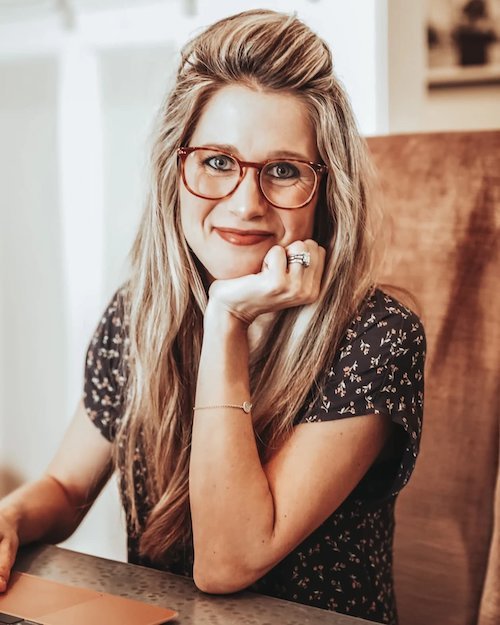Strengths & Weaknesses II: Your Strengths
Updated: May 8, 2023
Now that you have a firm grip on your strengths and weaknesses (or at least an idea) let’s talk about utilizing your strengths.
As a refresher, strengths are the innate capability to maximize certain traits for how a person thinks, feels and does—thus meaning our strengths are biologically predetermined to a degree. And as we grow, our strengths can be nurtured by others and ourselves. From a very young age we’re championed to develop strengths, to hold onto them tightly, and to navigate our lives based upon them.
Rather than simply accepting, embracing and going forth with our strengths, perhaps it’s important to consider why we develop some strengths more than others. Of all the capabilities with which we’re born, why do we select the ones we do to nurture to become strengths? It has to do with our origin stories. The biggest strengths we know about ourselves in the present are reflections of our past. We organically nurtured, rather gravitated, to some strengths over others because we used particular capabilities as a way to cope with the world. And with time and practice, those capabilities became strengths. Our fiercest strengths evolved to be what they are because we used them to handle life up to this point. So, while we may have been born with the capability to develop a variety of strengths, it’s the cultivating we did early on for some strengths to rise above the rest.
Strengths tell our unique stories—determining when and how personal strengths emerged helps us see ourselves more clearly and fully. With this deepened self discovery we can better utilize our strengths in the areas they’re best served: in the relationship with ourselves, and in our relationships with others.
Holding myself to the same strengths & weaknesses intake I commissioned you, a newly revealed strength of mine is "making people feel safe." Truth be told it feels uncomfortable to write this down. But after asking a few of my trusted people, I’m claiming it—I help people feel safe. Yes, as we’ve learned, I’m hardwired to have some sort of predisposition for the ability. And I can piece together how people have contributed to this strength's continued exertion by their allowing me to care for them professionally or personally. But I’m skipping over valuable self discovery: How did me “making people feel safe" get from being part of my genetic makeup to a chosen capability that would later evolve into a strength?
To answer this, I turn to my story for guidance. I help people safe because for a lot of my life I didn’t feel safe. Father abandonment happened. And I spent all the years of my life (until very recently) regulating my mother’s volatile, catastrophic emotions because she couldn’t do it on her own. I was the parent, she the child—trying to save her from herself, assuring her, and trying to heal her was commonplace. Memories of my childhood are sparse, probably from a combination of suppression and expedited maturation. There was never time nor space for my processing the abandonment, the conflict, the abuse, the deaths. Just because she told me I was safe didn’t mean I felt it. I learned how to make myself feel safe over and over again because of a lack thereof with anyone else. Consequently, an innate ability morphed into a coping tool that became a leading strength.
With this newfound discovery, I can better the relationship with myself and with others. Myself because of further discernment of who I am, and with that comes confidence and self love. And a better relationship with others because I can offer the strength more deliberately, caring for others in ways they need. My strengths. Your strengths. The power they represent in us. Proclaim them; intercede to gift your strengths when given the opportunity. Talk about them freely without fear of sounding self righteous. Leading with your strengths signals to the world, and more importantly to yourself, that you have a story and it’s worthy of being known. You are worthy of being known.
Xo.

